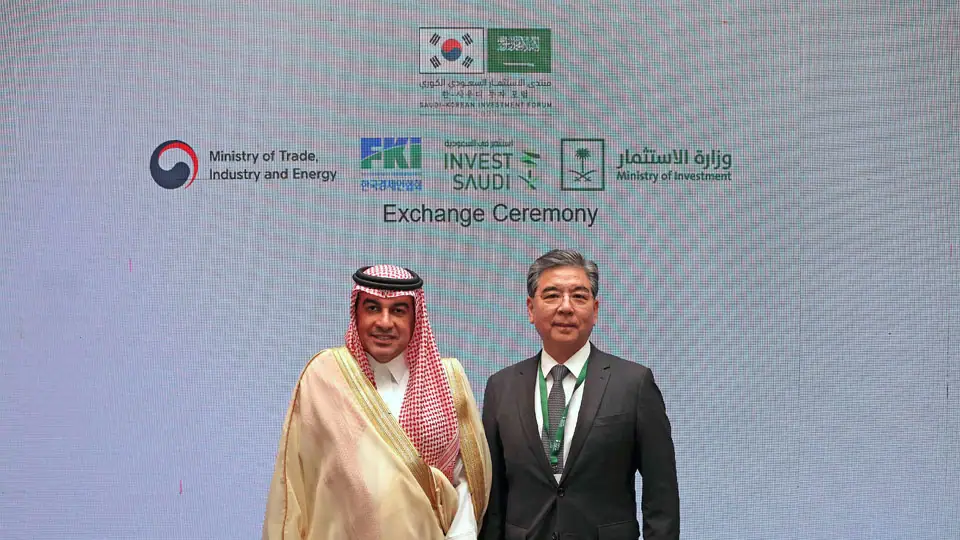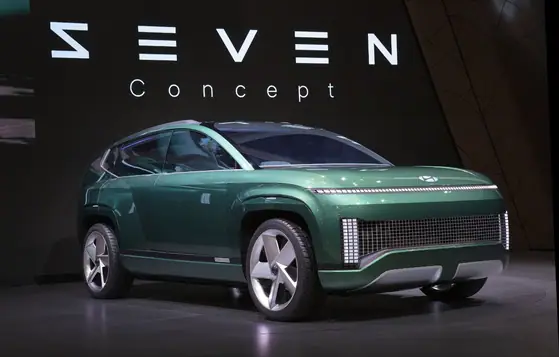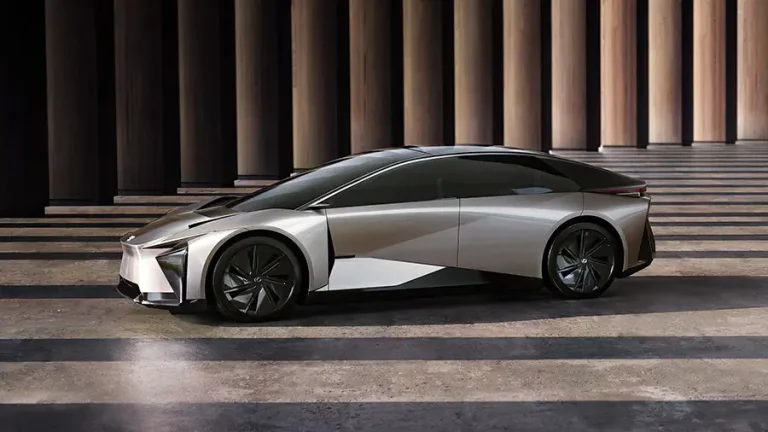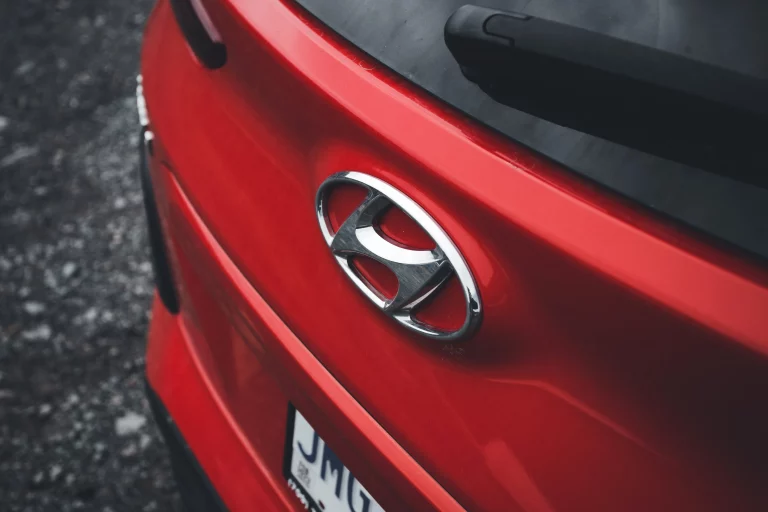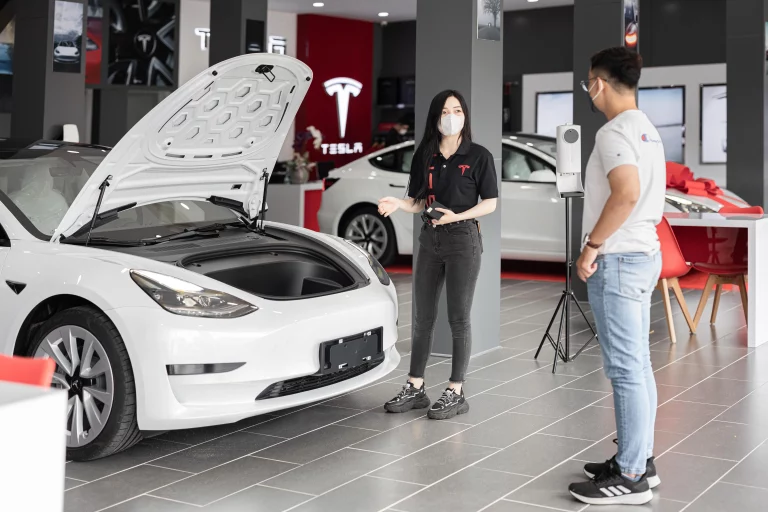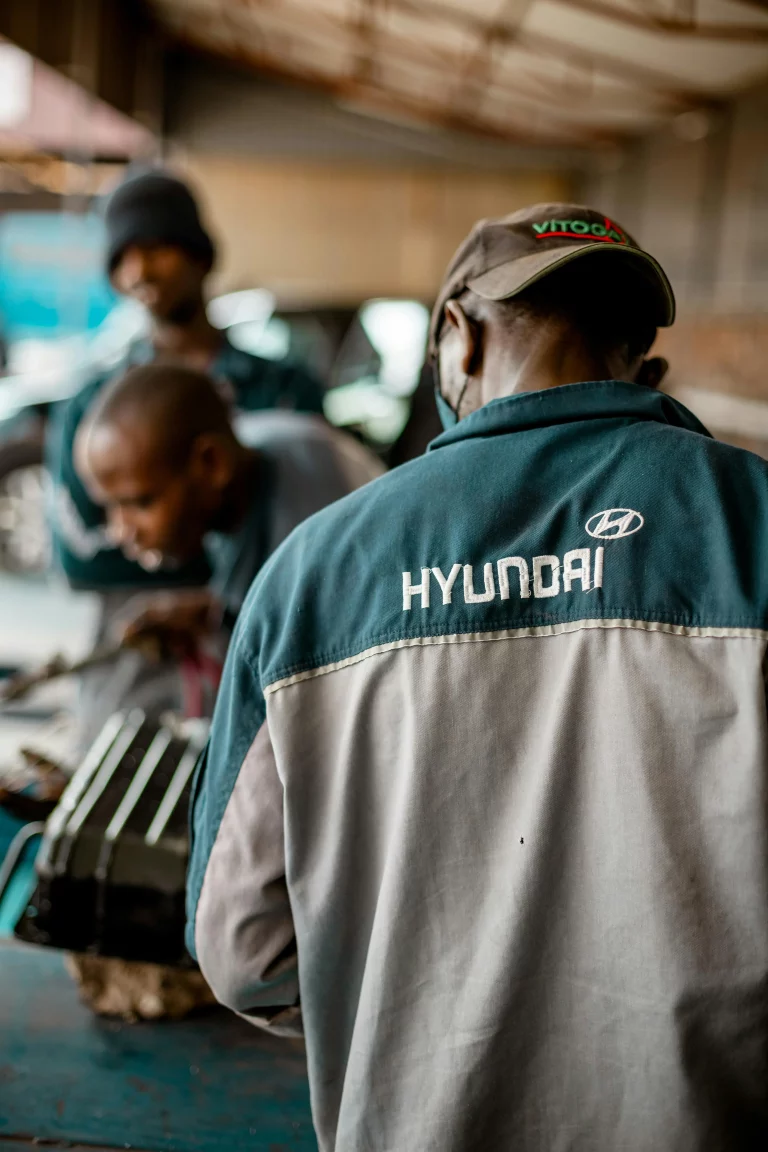Hyundai And Saudi Arabia Will Jointly Construct A vehicle Plant In Saudi Arabia
In order to create and expand an ecosystem for hydrogen-based transportation in the Kingdom of Saudi Arabia, Hyundai Motor Company inked memorandums of understanding (MOUs) with the Korea Automotive Technology Institute (KATECH), Air Products Qudra (APQ), and the Saudi Public Transport Company (SAPTCO).
Hyundai And Saudi Arabia Will Jointly Construct A vehicle Plant In Saudi Arabia |
The parties have committed to working together to develop a hydrogen-based transportation ecosystem in Saudi Arabia and to offering people and technology resources in support of this effort. Promoting hydrogen fuel cell commercial vehicle demonstration projects and looking into cooperative research prospects in the realm of hydrogen-based mobility are two specific areas of partnership.
As part of the agreement, Hyundai Motor is anticipated to supply SAPTCO with hydrogen fuel cell commercial cars. The company’s cutting-edge technologies, which have been field-tested and are now being used all over the world, include field-proven goods and services.
Hyundai Motor Company President and CEO Jaehoon Chang stated, “This partnership with the country’s major stakeholders represents a significant milestone in our efforts to establish a sustainable hydrogen value chain in Saudi Arabia.” “We also intend to consistently grow the hydrogen-powered mobility sector in alignment with Saudi Arabia’s goal of achieving net zero emissions.”
While this is happening, KATECH is anticipated to look into more R&D collaboration options, and APQ will secure a Saudi Arabian hydrogen supply for the relationship. It is anticipated that SAPTCO will work closely with the interested parties to develop a long-term strategy intended to further develop the nation’s hydrogen-based transportation ecosystem.
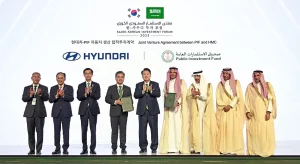
Seung-sik Na, President of KATECH, stated, “This cooperation opens doors for our hydrogen bus technology to enter the Middle East market.” “We will collaborate with the automotive industry to develop hydrogen buses suited for high-temperature climates so that the domestic automotive industry can increase its presence globally.”
Saudi Arabia launched the “Saudi Vision 2030” plan in 2016 in an effort to wean itself off of its reliance on oil exports and encourage economic diversification by making calculated investments in important industries. The nation unveiled the “Saudi Green Initiative” in 2021 as a part of this plan, pledging to investigate cutting-edge inventions and technology in order to meet the target of net zero carbon emissions by 2060.
Hyundai and Saudi Arabia will Jointly construct a vehicle plant in Saudi Arabia, the Saudi Arabian energy revolution has been spearheaded by Hyundai Motor Group (the Group) on a constant basis. In 2020, they successfully exported two ELEC CITY Fuel Cell buses to Saudi Arabia as the first of their endeavors. In 2021, the Group increased its presence in the nation by exporting the heavy-duty XCIENT Fuel Cell vehicle.
In an effort to reduce greenhouse gas emissions by creating an advanced fuel, the Group also inked a cooperative research agreement with King Abdullah University of Science and Technology (KAUST) and the Saudi Arabian Oil Company (Aramco) in March of last year. The Group’s continued commitment to leading the global adoption of clean and efficient energy technology is supported by these initiatives.
In the new joint venture, PIF will own 70% of the shares, with Hyundai owning the remaining 30%. Hyundai will also provide technical and financial support as a key technology partner to aid in the establishment of the new production facility. It is anticipated that the project would require more than $500 million in total investment.
The joint venture, which was unveiled during the Saudi-Korean Business Forum, intends to produce 50,000 automobiles annually, comprising both electric and internal combustion engine (ICE) models (EV). Production is anticipated to start in 2026, with the facility breaking ground in 2024.
The new manufacturing facility will facilitate the transfer of knowledge and experience while also producing thousands of new employees. Localizing Hyundai’s automobiles will draw more capital to the Saudi Arabian automotive and mobility industry and stimulate the country’s economy as a whole.
The collaboration is PIF’s most recent effort to strengthen Saudi Arabia’s position as a major participant in the global automotive industry, promote industry change, and improve the country’s infrastructure, supply chains, and manufacturing capacity. PIF recently announced the establishment of Tasaru, the National Automotive, and Mobility Investment Company, one of the largest investments in the industry. Tasaru is committed to localizing automotive production and supply chains. Furthermore, the Electric Vehicle Infrastructure Company was established by PIF and Saudi Electricity Company. The company aims to provide more than 5,000 fast chargers for electric cars throughout Saudi Arabia by 2030.

